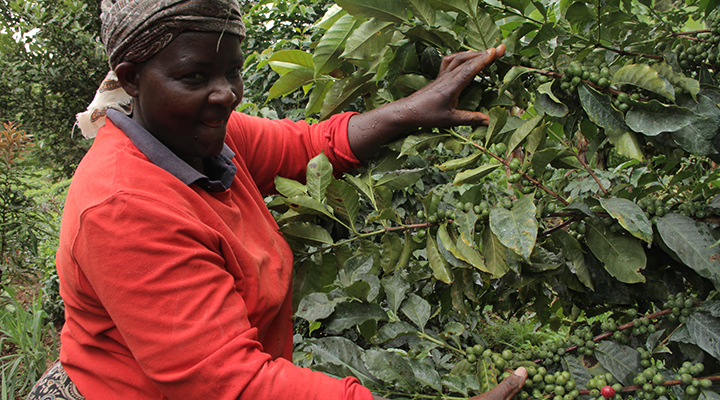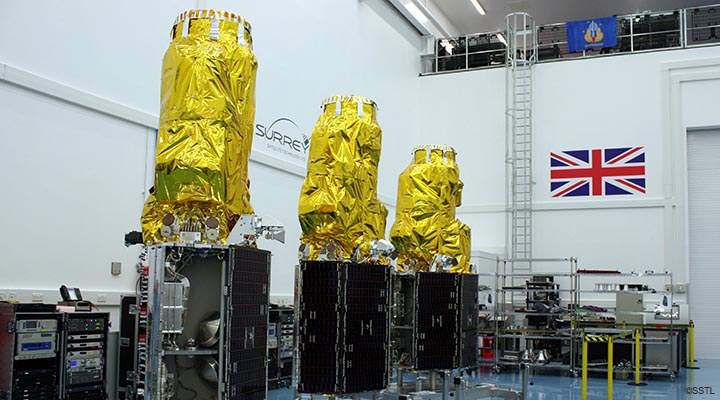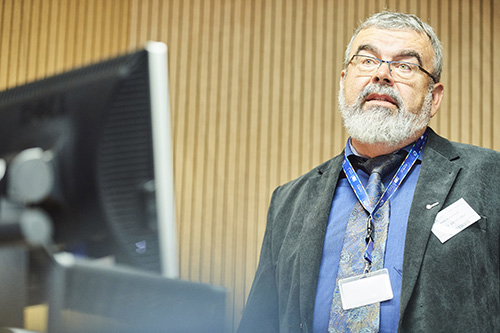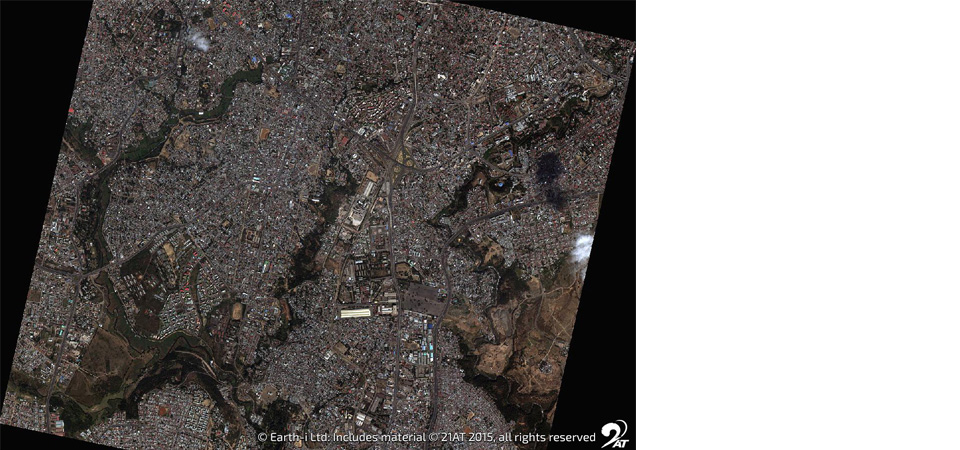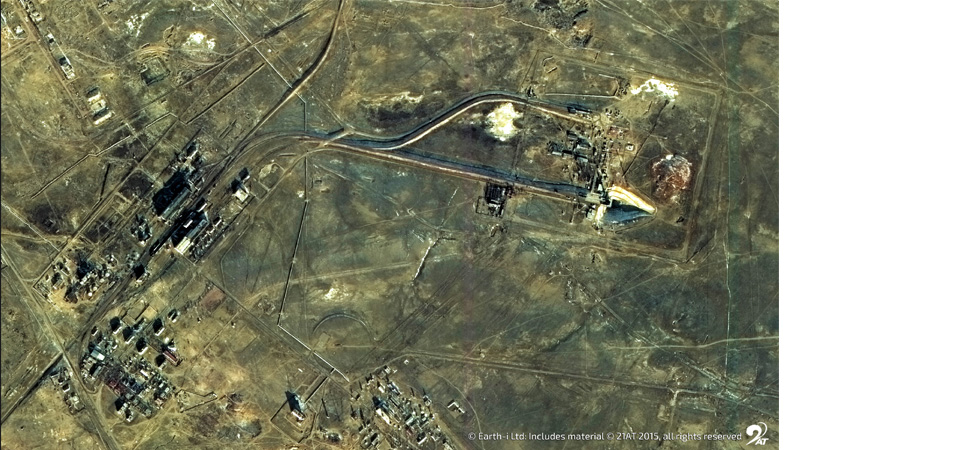The Kenyan coffee workforce is dwindling. Experienced farmers are getting older, and many young people are leaving the industry to pursue different careers. The coffee industry must take steps to sustain itself in a turbulent market, and one route to this goal is through technology.
The profile of the average coffee producer is changing. In 2015, it was reported in the Asian Journal of Agricultural Extension, Economics & Sociology that the average age of a Kenyan coffee farmer was 51 years old. While 51 year-olds remain perfectly capable of growing coffee, this figure is increasing still. This aging workforce is likely a result of young people being less motivated to follow the age-old traditions of smallholder farming, choosing instead to take a chance on finding other work in the city, assuming that to offer better prospects and more income.
Most coffee in Kenya is grown in rural regions, on smallholder coffee farms. If young people leave the family farm, for example, there may not be anyone left behind to grow the coffee itself – usually a cash crop on smallholder farms. This potential labour shortage risks the productivity of the coffee supply chain, as well as the economic well-being and resilience of rural communities in coffee-growing counties.
“When I was young, my grandparents could easily predict weather patterns and coffee growing was exciting and a guaranteed source of household income! This situation has since changed” said Amos Wanyiri- ACCORD Project Manager. “Most smallholder coffee farmers I have interacted with lately, compare coffee with other crops – especially horticulture whose growth patterns are more predictable, has shorter growth to harvest cycles and higher returns. Climate change has disrupted historical weather patterns, making most farmers less resilient. Rural smallholder farmers have limited knowledge on climate-smart farming technologies. However, most of these farming households have access to a basic mobile phone and radio services which they use to access information on farming and produce markets from various sources. Despite the challenges, coffee farmers are fast adapting to climate smart technologies, information, initiatives and new learnings through their cooperatives.”
Young people may be put off coffee farming for a number of reasons. Coffee plants are highly sensitive to the environment, and require meticulous supervision. Heavy rainfall and warm weather, for example, can increase the susceptibility of coffee cherries to pests and diseases, cause ripening to delay, or even lead to over-fermentation. Understanding precisely where and when to treat your plants in real-time is key to minimising these negative effects, but without this understanding there is a real risk of a poor harvest, and the subsequent reduced income. Sometimes that income reduction can be catastrophic.
Furthermore, rural communities are disproportionally affected by climate change. Traditional farming methods that farmers have relied on for generations for crop management decisions are being increasingly undermined by the effects of unpredictable weather patterns. Technological insights can provide the solutions needed to protect livelihoods in rural communities from the environmental and economic impacts of climate change.
Technologies from modern transportation systems to irrigation systems have already been incorporated widely throughout agriculture. Now, sophisticated agricultural technology like ACCORD is capable of acting as a weather forecast system and an effective risk management tool, enabling farmers to apply protective inputs, such as pesticides and fungicides, quickly and precisely. This helps farmers to achieve larger yields of high-quality coffee through more effective and timely crop management decisions.
Increasing productivity means higher incomes for farmers. Greater profitability improves the livelihoods of coffee farmers and their families, and also makes coffee farming a more financially attractive profession, making it more likely that young people will stay on the farm and grow coffee themselves. Bolstering coffee production, and the subsequent greater income it provides, is crucial to maintaining a consistent future coffee workforce.
Another way that technology like ACCORD motivates young farmers to stay in the coffee industry is through increasing the sophistication of the work. The coffee industry can be perceived as both financially unrewarding and old-fashioned – access to the latest tools and techniques is highly desirable. Enabling farming practices through smarter technology, such as ACCORD’s satellite-enabled solution, is an attractive prospect. Farmers’ workloads can be reduced, productivity ensured, and profitability increased.
Technology makes farming more accessible to workers of all ages and experiences. For instance, ACCORD sends information direct to farmers via SMS, providing simple to use, actionable insight through already existing technologies. Such timely and accurate information on the local weather forecast is key to reacting to changes in real-time. Technology can also provide oversight on areas of farmland and predict corresponding actions needed to be taken to optimise supply. These all optimise farming activities, making it easier for all farmers to protect and nurture their plants. Smart farming is key to both incentivising people to start growing coffee, and helping them remain coffee growers for longer.
It is clear that technology will play a huge part in keeping rural communities resilient for the future. By resisting the impact of climate change, increasing productivity and maintaining a sustainable workforce, coffee farmers can safeguard their position in the global coffee market of the future. Advances in technology will allow farmers to become more environmentally, economically and socially sustainable, and it is imperative that farmers and farms have the required access to the latest tools and technology to combat the dwindling coffee workforce.
To find out more, visit www.earthi.space/accord.
To download the new brochure, visit: content.earthi.space.
Earth-i congratulates British satellite design and manufacturer Surrey Satellite Technologies Ltd. (SSTL) on the successful launch yesterday of the…

